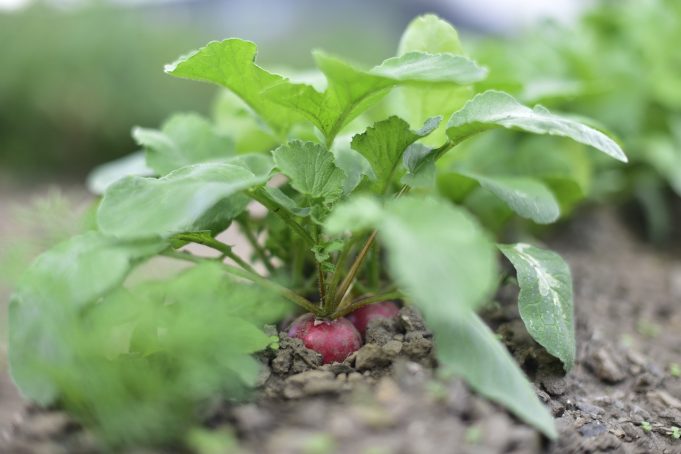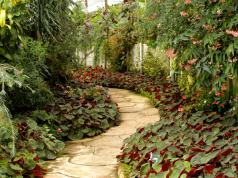While the impact of climate change on our planet has been known about for a while now, the last few years have seen it taken much more seriously. While much of the focus has been on industrial greenhouse gas emissions or how sectors like construction can build greener houses, more people are beginning to look at what they can do to help in their own way.
One area where you can take some easy steps to protect the planet is in your garden. While most of us now recycle regularly, there are other simple things you can do outside as well. But what are the best ways to make your garden more eco-friendly?
Grow some of your food
Growing some of your food is an idea to consider. Doing so will help you become more self-sufficient and mean you buy less food from the shops. Growing your produce will help to reduce the amount of food you eat which is produced with environmentally damaging pesticides. It will also mean that the food you eat has not travelled far to get to you, thereby reducing the amount of car, van and plane emissions in the environment.
But what could you plant to do this? Fruit trees are easy to grow and look after and will give you plenty of healthy fruit to eat. Trees, in general, are great for making your garden greener as they take carbon dioxide out of the air. If you are unsure about which sort to plant, why not speak to a professional tree surgeon? From a tree surgeon in Kingston, to a tree surgeon in Kent, to any others around the UK, companies in this sector can offer reliable advice on which trees are suitable for your garden. As well as trees, you could grow a vast range of other things, such as potatoes, tomatoes, fresh herbs, peppers and lettuce.
Attract wildlife into your garden
Another tip to make your garden better for the environment is by attracting more wildlife. Luckily, this is very easy to do and does not have to cost a great deal. Planting bright or fragrant flowers and plants that bees, butterflies and insects like can be more than enough. Common examples of this include plants like bluebells, rosemary and lavender. It is also a great idea to place feeders in your garden to attract birds and let a small part of your garden overgrow to become more like a meadow. Animals do not usually like gardens which are too perfect – having an area which is a little wilder is sure to attract them.
Collect rainwater
Looking after a garden can use up plenty of precious water. That can be bad for the environment though and lead to the UK’s water supply being put under immense pressure during hot weather. Collecting rainwater to use in your garden will also reduce runoff after storms, thus stopping soil erosion and flooding. It is as simple as buying an inexpensive rainwater collection barrel from your local DIY store. Once in place outside, it will fill up over time and give you all the water you need for plants, shrubs, car-washing and other outside jobs. Just remember to put a lid on the barrel to stop it becoming polluted and use the water frequently to prevent it stagnating.
Set up a compost heap
Food waste is a significant problem in the UK, and many people are looking for a way to use up old food or peelings. An idea to make your garden eco-friendlier is by setting up a compost heap. Not only will it reduce the amount of food waste you send to landfill but it helps to produce nitrogen-rich soil which is better for growing plants. Setting up a compost heap is simple, and good quality compost bins are not expensive to buy. Once you have your compost bin, find a spot in your garden where it will not be in the way and begin adding your peelings to it. You can also add things like grass cuttings to help it along. Just remember not to add dairy, meat or animal manure as these could all attract pests or carry bacteria.
Making your garden eco-friendlier is sensible
We now live in a world where looking after the planet is more important than ever. One of the best ways you can help is to make your garden kinder to the environment. That is true whether you are thinking about your country garden or about how rooftop gardens help cities. Making your garden greener will help to reduce air pollution, cut carbon emissions and reduce the amount we send to landfill and also help our wildlife to flourish.














